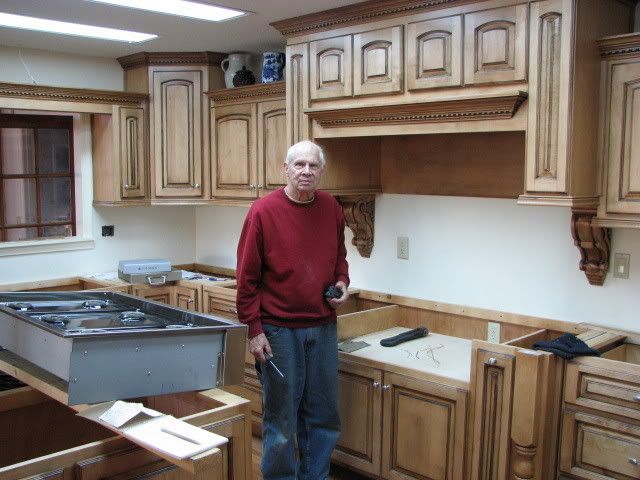
Susanna Leberman, one of the department's graduate students, told me this weekend that her dad Mike died of a heart attack. Mike Leberman was also a friend of mine, and of the History Department.
Mike was a NASA engineer of the old school. Like many young engineers, Mike Leberman moved to Huntsville and worked on the Saturn rockets that carried astronauts and American hopes to the moon. He told me how engineering was done back in the glory days of NASA and under German leadership. He showed me photos of a mistake he was responsible for when he was young and the space program was new. He helped design a pipeline carrying liquid fuel to a launch pad at the Cape. He said, rather sheepishly, that he had made an error, and the pipes burst. His mistake caused lots of damage, wasted money and time. His NASA managers told him to learn from the mistake and to fix the problem. He did. Mike later worked on many projects, including the propulsion system for the space shuttle main engines.
Mike wondered if "the young guys" who now work at NASA would ever be allowed to make mistakes and so learn lessons well enough that new rockets would ever get built. After he retired, he kept working part-time to help those young guys (many of them women). And of course he wanted to keep having fun building things. His work was to design and test a new valve for the space shuttle fuel system. He said that because he had remained a working engineer who kept his hands dirty and had not become a manager, his contractor kept him employed; meanwhile retired managers, his former bosses, sat idle and uncalled for. He told that story with his huge grin and a big laugh.
Mike was a character and an engineer's engineer. He drove the ugliest damn car ever on Marshall's roads. His old Volkswagen had caught fire years earlier. The VW had burned paint and melted plastic. Only Mike could make a car like that run and he made it run for two million miles. He also volunteered his time to a small town high school, helping a team design robots and enter them in competitions. His kids were winners because Mike was meticulous; they learned a lot more than robotics working with Mike. Mike loved to work on his farm and its old house.
He introduced himself to me in the Marshall History Office when I first had a NASA Faculty Fellowship. He would stop in a couple times a week to chat about my work and whatever. I did an oral history interview with him. Without me asking for any favors, Mike helped me line up some interviews with others who might not have been welcoming otherwise. He took Andy and I on a behind the scenes tour of Marshall that we loved and will never forget (attached are photos of Mike standing in the communications tunnel between the Saturn test stand and the

observation bunker and remodeling his kitchen). And how could I forget when after a lecture on my research to the Liberal Arts faculty, Mike stood up and told everyone what really happened the night before the last
Challenger launch?!
Mike was a great guy and I will miss him. Watching baseball games and drinking beer will not be the same without Mike.






